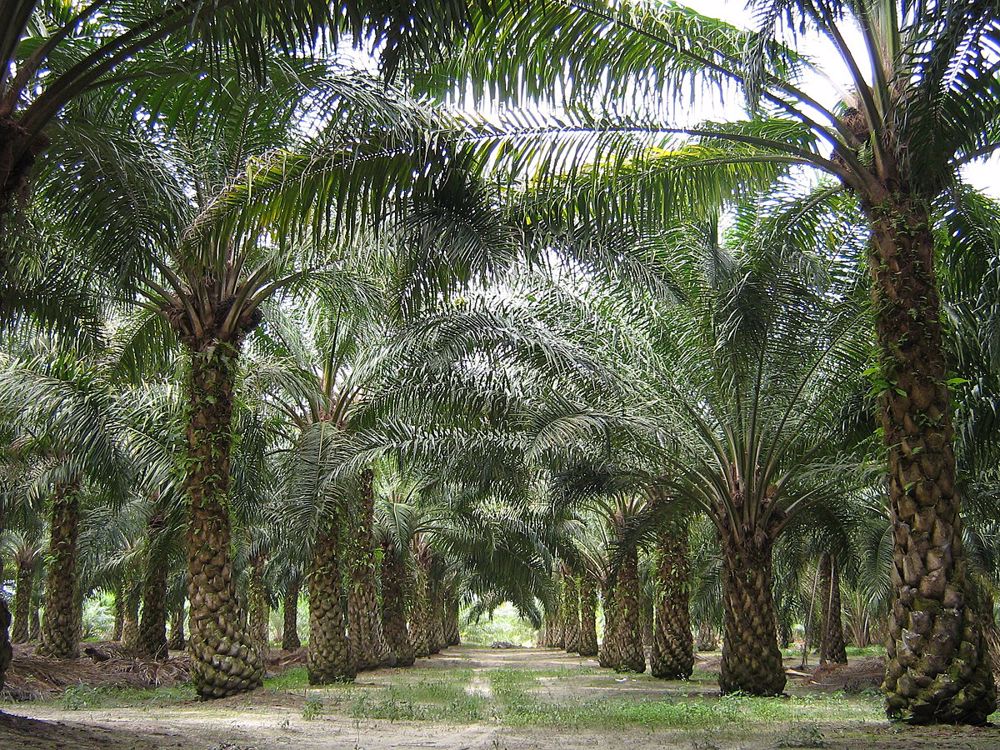Biotechnology makes palm oil industry greener and more efficient
Palm oil in West Africa has been a daily part of the village cuisine for years, providing a rich energy source bursting with Vitamin A, Vitamin E, and many other phytonutrients. Since its introduction to Southeast Asia more than a century ago, palm oil has now grown to be the largest contributor to the world production of oils and fats. It has been widely used in food and non-food industries, including the energy sector.
The science and technology surrounding the palm oil milling industry however has stagnated with the last significant step change a few decades ago. To progress while remaining globally competitive and relevant, this industry must adopt and equip itself with the latest technologies and innovations. Innovating production systems for sustainable growth can go a long way towards mitigating negative environmental consequences and decoupling growth from using natural resources. The emergence of innovative and scalable technologies represents an opportunity to transform production so that it drives both profits and sustainability. This opportunity is highlighted by the United Nation’s Sustainable Development Goal (SDG) 12: Responsible Consumption and Production.
Biotechnology using enzyme processing could open a new era for palm. So far, the palm industry has relied on mechanical process in the mill, leaving biology to the field. But palm fruit is a biological substrate, and some industry players have now realized that it’s time for the next breakthrough in palm oil milling by bringing industrial biotechnology into their mills. Based on the peer-reviewed life cycle assessment, biotechnology could increase 4% oil yield, alongside 9% reduction in global warming impact.

Meanwhile, biodiesel industry has been under pressure because of rising concerns about feedstock availability. For these reasons, low-quality and non-food oils like palm sludge oil generated from palm oil mills have long been considered for biodiesel feedstock. Hence, instead of being left in the effluent treatment pond, it could become an attractive natural source for biodiesel. Biotechnology enables biodiesel producers to produce high-quality biodiesel from oils with palm sludge oil. This not only promotes renewable energy production but also helps to improve environmental footprint of the palm oil industry.
Partially hydrogenated oils (PHOs) contain trans fats, which are linked with heart disease. The World Health Organisation has launched a program to reduce PHOs and trans fats globally.
Manufacturers continue to need stable shortenings, with appropriate shelf life, the correct colour, and with proper melting properties.
Biotechnology provides oleochemical producers with a simple, efficient and environmentally friendly way to produce margarines without the use of chemicals while improving product quality and production leads.
The future for green biotechnology looks bright, and it is not difficult to imagine that in the next decade the palm oil industry will have been revolutionised with efficient and sustainable biotechnology. We as chemical engineers certainly have a significant role to play.